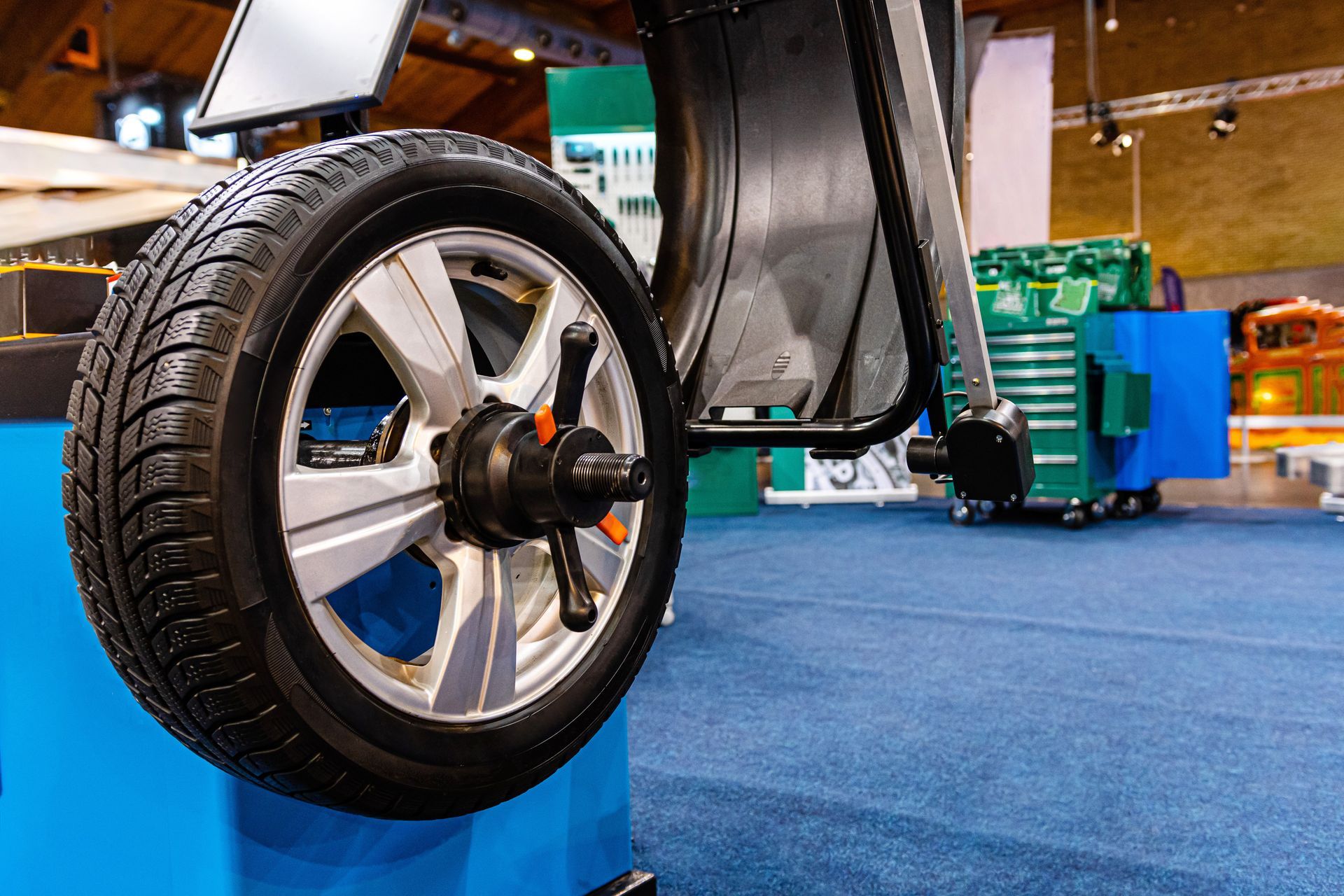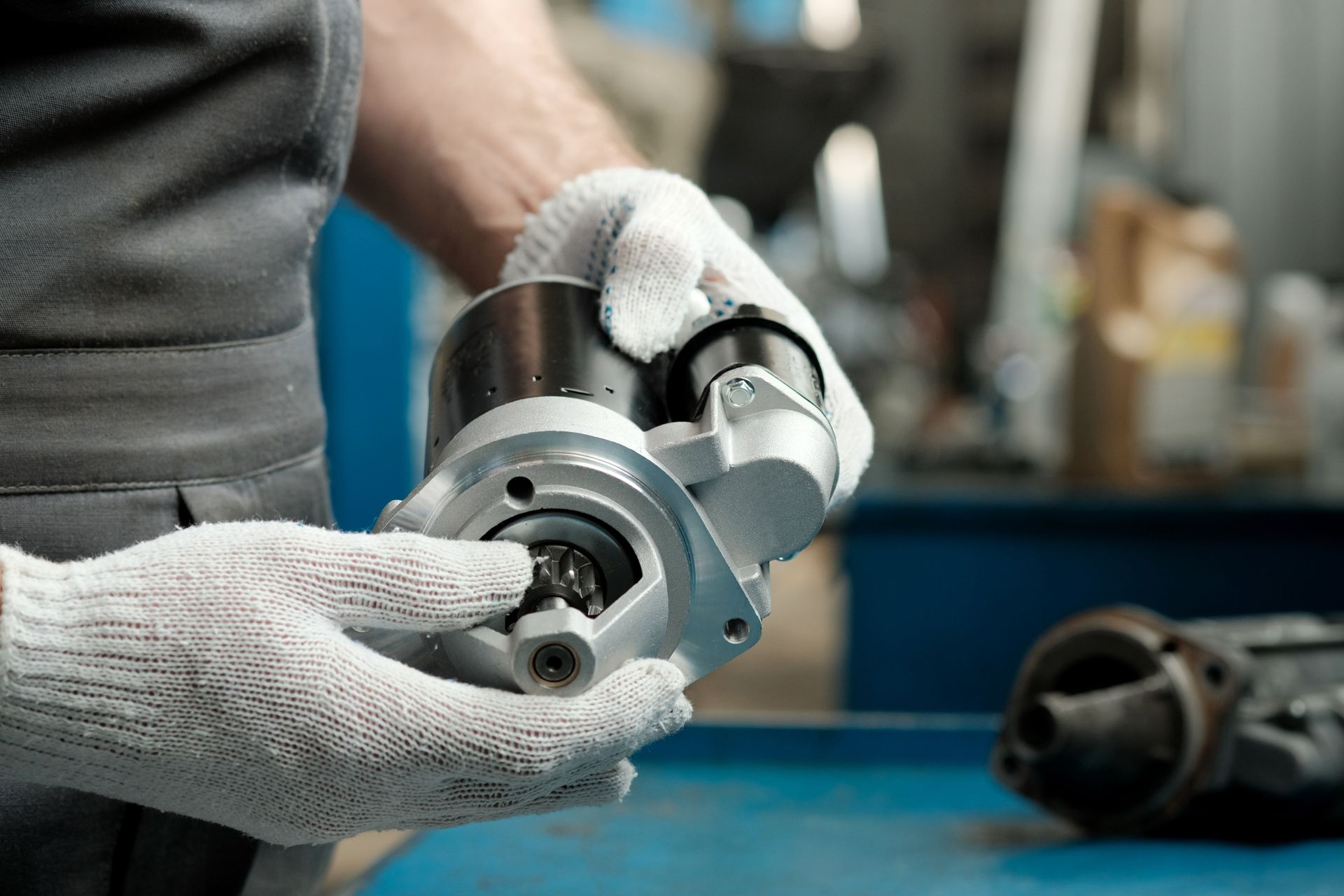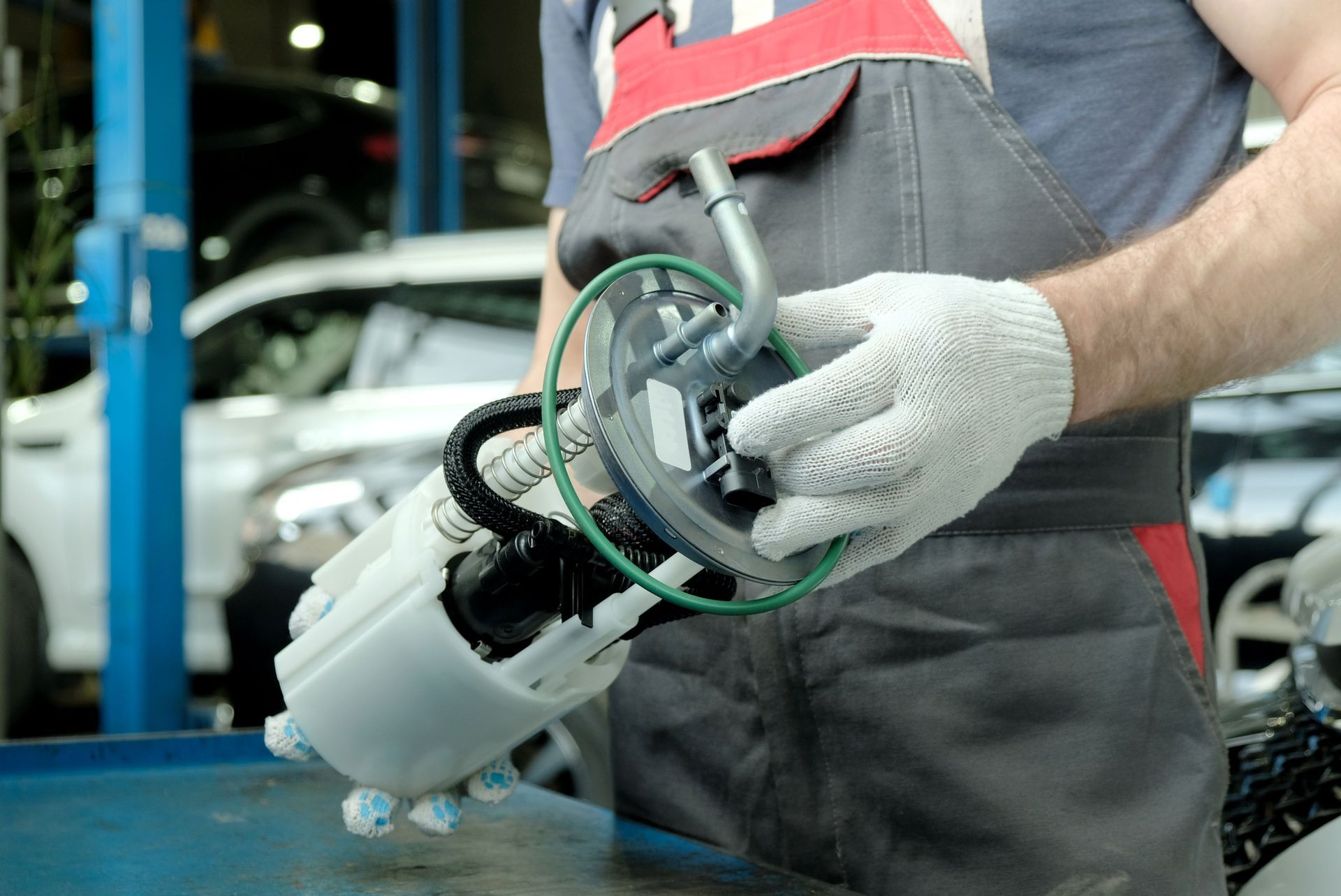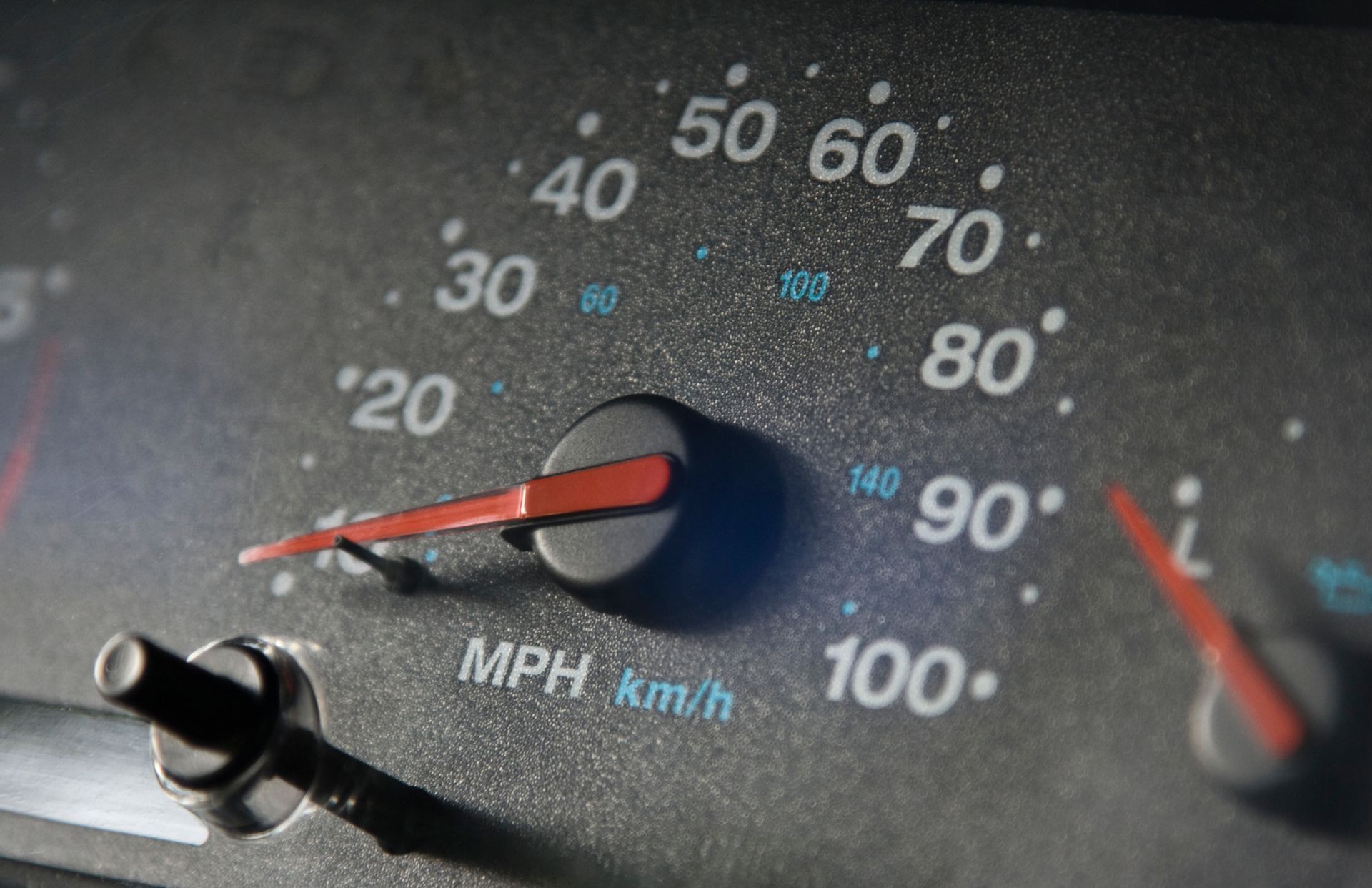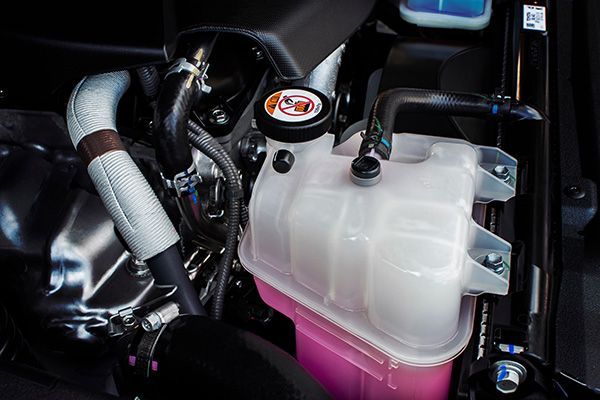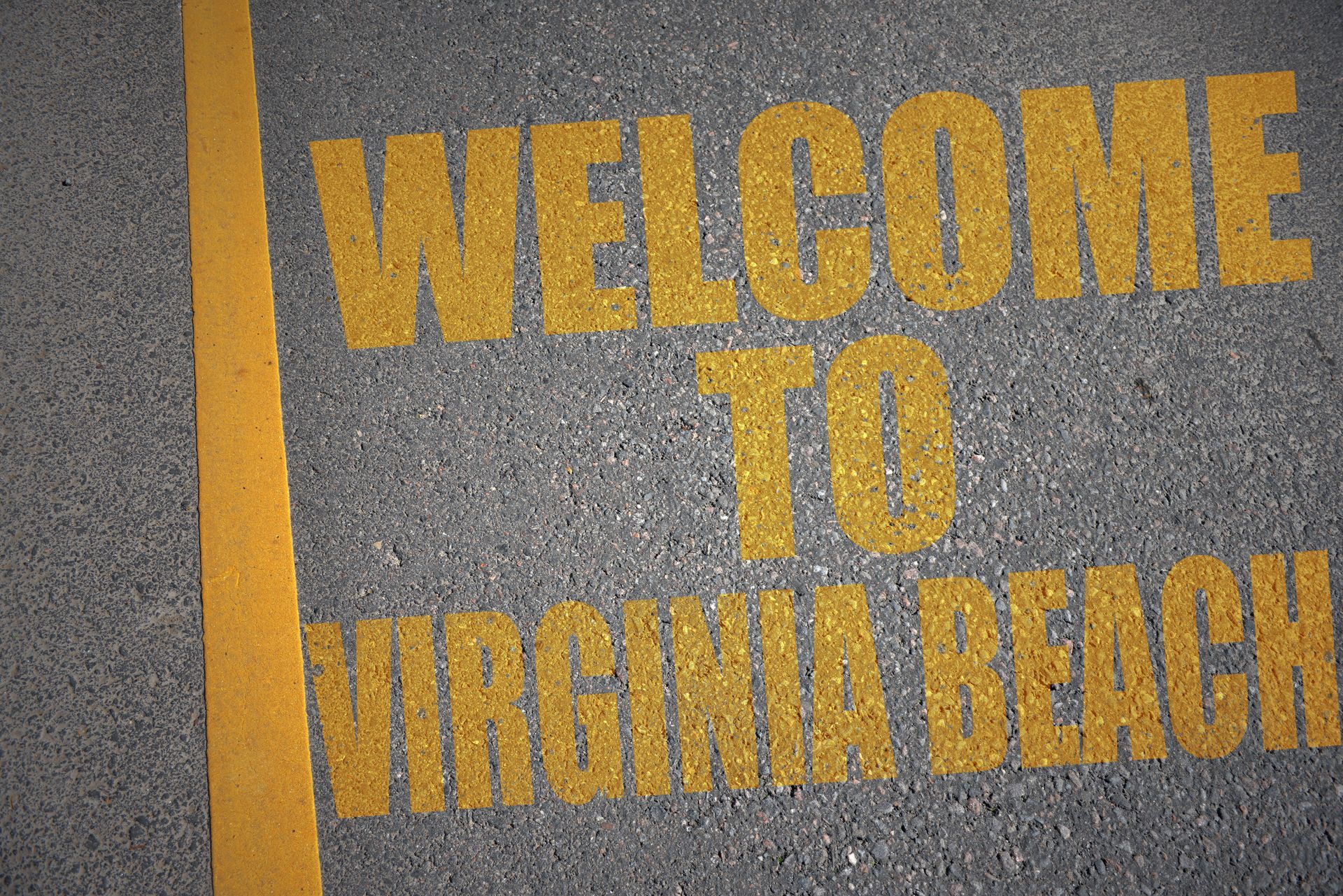Buying new tires isn’t something most drivers look forward to, but it's one of the most important purchases when it comes to safety. Tires affect everything from braking and traction to fuel efficiency and ride comfort. Knowing when to buy them can help you get the best deal and ensure your vehicle is ready for the road ahead.
If you're trying to stretch your current set of tires a bit longer, it's worth understanding that the time of year can make a noticeable difference in both availability and price. Like other products, tires undergo seasonal trends that impact their cost, availability, and demand.
Why Tire Sales Follow a Seasonal Pattern
Tire manufacturers and retailers know when people are most likely to replace their tires, so they often plan promotions and inventory around those patterns. In general, most drivers tend to shop for new tires during times of seasonal change—spring and fall. That’s because these are the times when people start thinking about road trips, changing weather conditions, or winter preparation.
Retailers often run tire specials during these periods to take advantage of the uptick in demand, making it a good time for consumers to find deals if they plan ahead.
Spring: A Popular Time for Tire Changes
After months of cold weather and rough roads, spring is when many drivers realize their tires have seen better days. Winter driving conditions can accelerate tire wear, especially if you’ve been navigating potholes, ice, or road salt. As people begin preparing for vacations and summer driving, demand for tires starts to climb.
Shopping in early spring can be beneficial, especially before peak vacation season. You’ll likely find better pricing, a wider selection, and shorter wait times for installation compared to the height of summer.
Fall: Great for Seasonal Sales and Winter Prep
If you live in an area with wet or snowy winters, fall is another excellent time to shop. Not only are you likely to find sales as tire manufacturers clear out summer stock, but you're also preparing your car for the most unpredictable season. Replacing worn tires before the first snow or icy rain hits gives you better traction and peace of mind.
Many tire shops offer rebates, installation specials, or even free alignments during the fall months. If you wait too long, though, you may find that popular sizes and models are out of stock.
Are Summer and Winter Bad Times to Buy
While it’s not wrong to buy tires during summer or winter, it might not be the most cost-effective choice. Summer brings fewer promotions, especially after the spring rush. If you're traveling or planning road trips, tire shops can get busy, and you may experience service delays.
In winter, selection can be limited if you're shopping for all-season or performance tires. That’s because many retailers shift their focus to winter tire sales, especially in colder regions. If you need something specific, you may have to wait or settle for a different brand.
Don’t Wait Until Your Tires Are Bare
No matter what time of year it is, don’t delay replacing your tires if they’re already worn past the safe limit. Driving on bald or cracked tires isn’t just dangerous—it increases your chances of hydroplaning, losing control, or blowing out at high speeds. Even if you miss a sale, investing in new tires when you need them is always worth it for the sake of safety.
If your tread depth is approaching 2/32" or if your tires are over six years old, it's time to start shopping.
Trust Harvey’s Garage in Virginia Beach, VA for Tire Replacement
Tires are one of the best investments you can make in your vehicle’s safety and performance. Whether you're replacing worn-out rubber or preparing for a change in season, we’re here to help you choose the right set and install them with care.
Call
Harvey’s Garage in Virginia Beach, VA, today to find out about current tire specials and get your car ready for the road, no matter the season.

